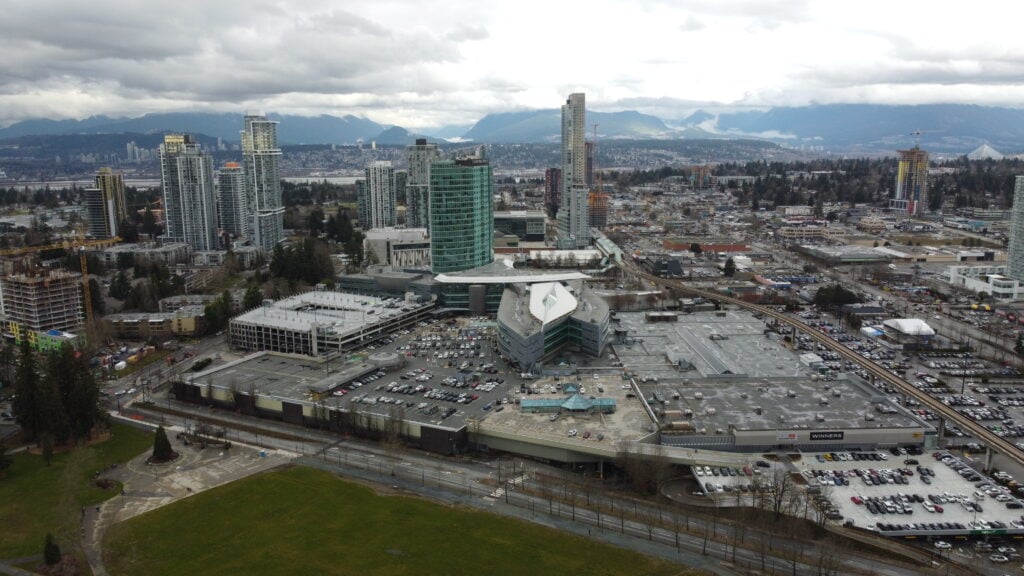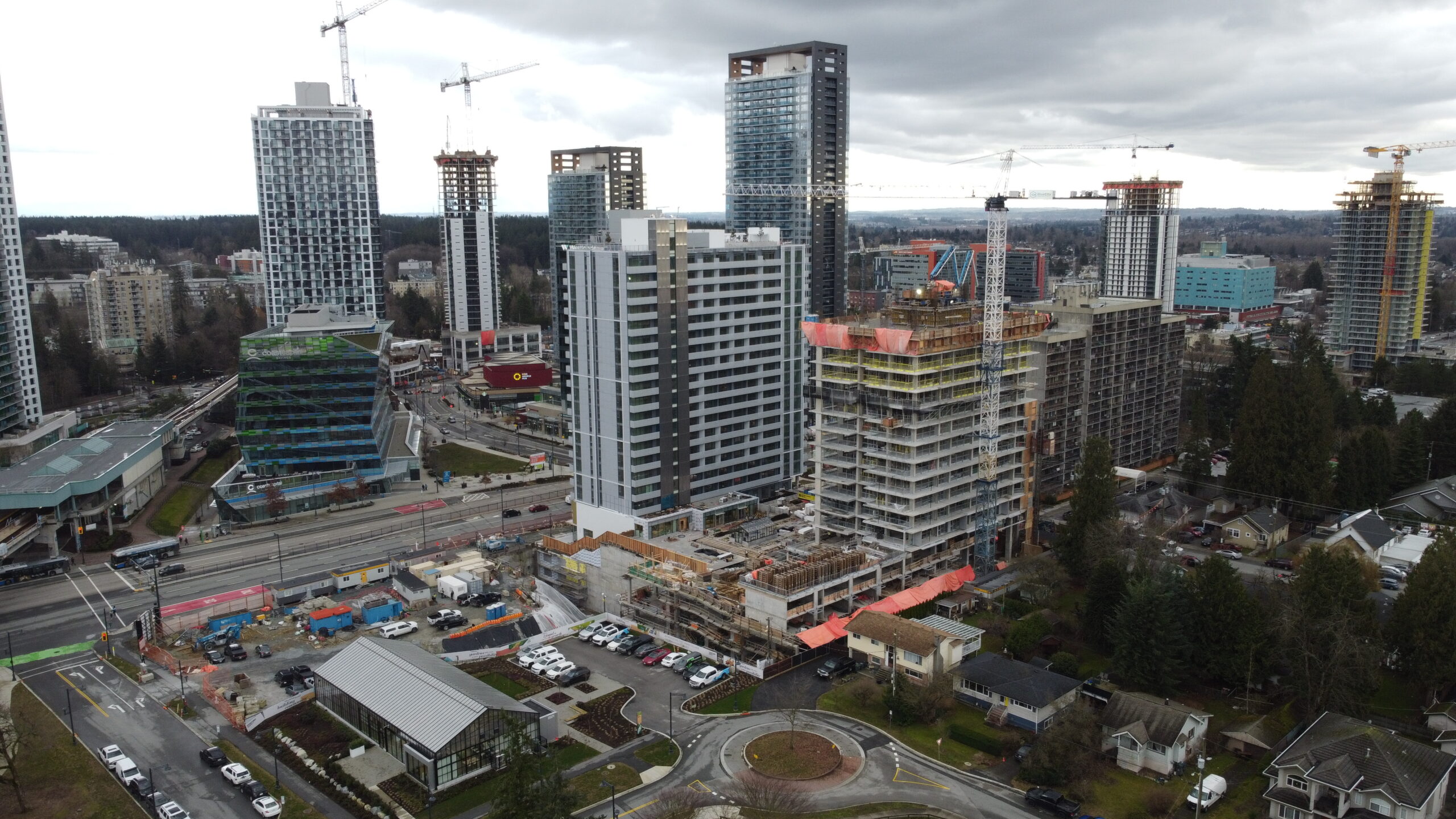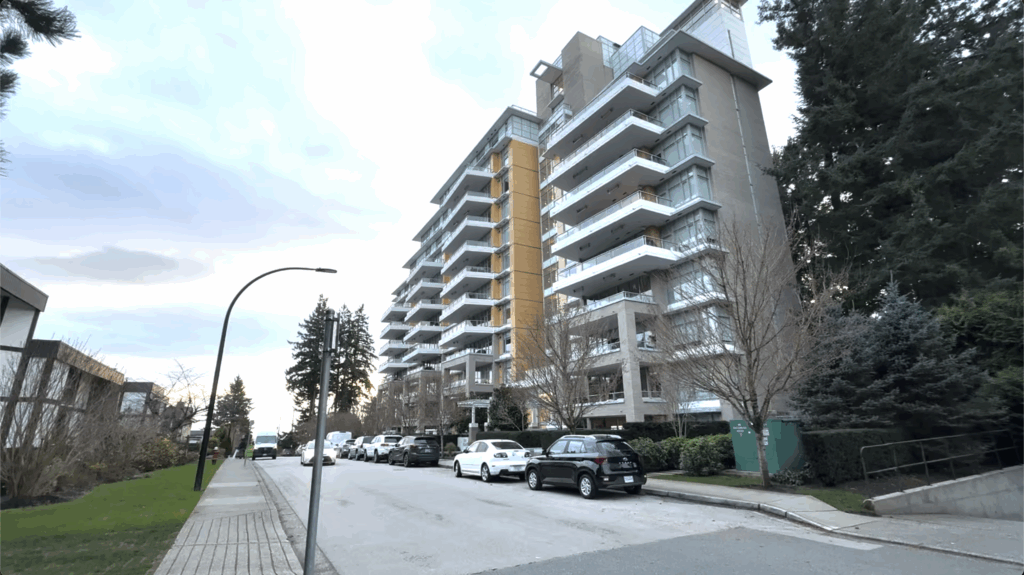The Ultimate Guide to Moving to Canada in 2025
Moving to a new country is a big step, and if you’re considering Canada, you’re in for an incredible journey. Known for its stunning landscapes, multicultural cities, and welcoming people, Canada offers endless opportunities for newcomers.
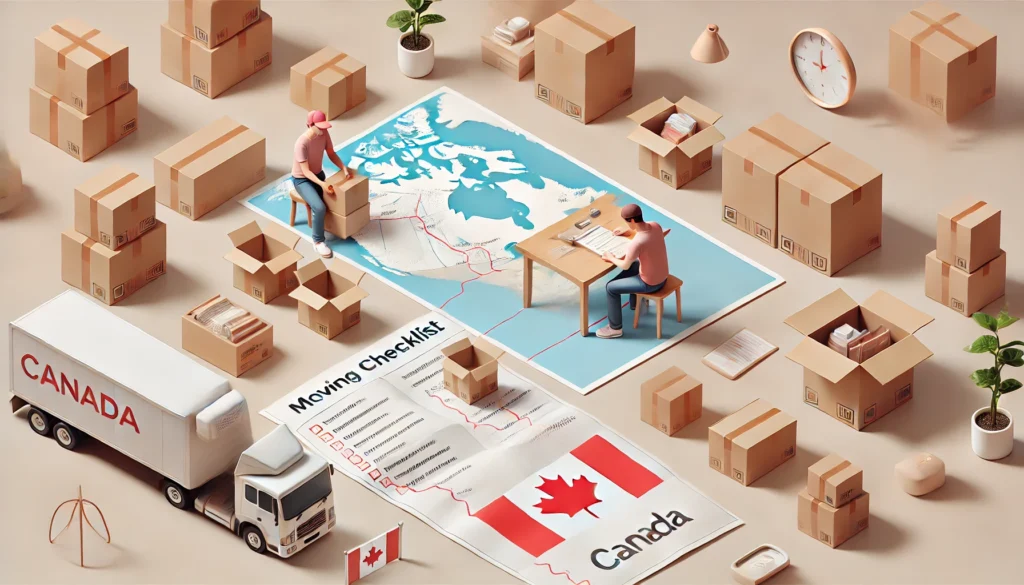
In this guide, we’ll break down everything you need to know about moving to Canada, from immigration pathways to settling in. Let’s dive in!
How to Move to Canada
Canada’s immigration system is one of the most organized in the world, with multiple pathways depending on your goals. Whether you’re moving for work, family, or education, here’s a breakdown of your options:
1. Express Entry Program
The Express Entry Program is the fastest and most popular route for skilled workers. It evaluates applicants through a points-based Comprehensive Ranking System (CRS), considering factors like:
- Age
- Work experience
- Education
- Language proficiency in English or French
Applicants with the highest CRS scores are invited to apply for permanent residency.
- Learn more about the Express Entry Program and create your profile here: https://www.canada.ca/en/immigration-refugees-citizenship/services/immigrate-canada/express-entry.html
2. Provincial Nominee Programs (PNPs)
Each Canadian province and territory has its own Provincial Nominee Program (PNP) tailored to meet regional labor market demands. If you have specific skills or work experience that align with a province’s needs, you may be nominated for Permanent Residency (PR). PNPs are a great option for candidates who may not meet the C.R.S cut-off for Express Entry.
- Find details for each province’s PNP and eligibility criteria here: https://www.canada.ca/en/immigration-refugees-citizenship/services/immigrate-canada/provincial-nominees.html
3. Family Sponsorship
If you have close relatives living in Canada who are Canadian citizens or permanent residents, they may be able to sponsor your move under the Family Sponsorship Program. Eligible relatives include spouses, common-law partners, parents, grandparents, and dependent children.
- For more information on family sponsorship requirements and application steps, visit: https://www.canada.ca/en/immigration-refugees-citizenship/services/immigrate-canada/family-sponsorship.html
4. Study Permits
Planning to study in Canada? A study permit allows you to pursue education at a Canadian institution and can serve as a stepping stone toward permanent residency. Many international students transition to PR through programs like the Post-Graduation Work Permit (PGWP) and Canadian Experience Class (CEC).
- Learn how to apply for a study permit: https://www.canada.ca/en/immigration-refugees-citizenship/services/study-canada/study-permit.html
- Explore the Post-Graduation Work Permit program: https://www.canada.ca/en/immigration-refugees-citizenship/services/study-canada/work/after-graduation.html
Canada PR Requirements (Permanent Residents)

Becoming a Permanent Resident (PR) is the goal for many moving to Canada. Here’s what you need to qualify:
- Language Proficiency: Proof of proficiency in English or French through tests like IELTS or CELPIP.
- Work Experience: Skilled work experience in specific job categories is essential for most immigration pathways.
- Education Credential Assessment (ECA): Your education credentials must be verified as equivalent to Canadian standards.
- Medical and Police Clearance: A clean bill of health and no criminal record are non-negotiable.
Once you’re a Permanent Resident, you’ll enjoy benefits like free healthcare, access to education, and the ability to live and work anywhere in Canada.
Moving to Canada Requirements
Before you pack your bags, make sure you meet these essential requirements for moving to Canada:
1. Immigration Approval
You need to secure the appropriate Visa or Permanent Residency (PR) status before traveling to Canada. Depending on your immigration pathway—whether through Express Entry, a Provincial Nominee Program, or family sponsorship—you must have official approval in hand.
- Visit the official Canadian immigration website for application guidelines: https://www.canada.ca/en/immigration-refugees-citizenship.html
2. Financial Proof
Canada requires newcomers to demonstrate they have enough funds to support themselves and their families during the initial months of resettlement. The exact amount depends on your family size and the immigration program you are applying through.
- For a detailed breakdown of the funds required, check out this link: https://www.canada.ca/en/immigration-refugees-citizenship/services/application/application-forms-guides/proof-funds.html
3. Valid Passport
Ensure that your passport is valid for at least six (6) months beyond your planned arrival date in Canada. This is a standard entry requirement for most countries and avoids potential issues at the border.
- For passport renewal or additional requirements, consult your local passport office. If you’re already in Canada, refer to: https://www.canada.ca/en/immigration-refugees-citizenship/services/canadian-passports.html
4. Health Insurance
While Canada provides public healthcare to permanent residents and citizens, it typically takes up to three (3) months for your provincial healthcare coverage to activate after you arrive. During this period, private health insurance is a must to protect you from unexpected medical costs.
- Explore private health insurance options in Canada at: https://www.privatehealth.ca/
- Learn about provincial healthcare programs and timelines: https://www.canada.ca/en/public-health/services/healthcare-system.html
Canada Immigration Official Website
The Canada Immigration Official Website is your ultimate resource for accurate and up-to-date information. From application guidelines to processing times, this site is a one-stop shop for all things immigration- Use it as your trusted guide throughout the process.
What is Express Entry in Canada?
Express Entry is a streamlined immigration system designed for skilled workers. Here’s how it works:
- Create an Online Profile: Provide details about your work, education, and language skills.
- Comprehensive Ranking System (CRS): Your profile will be ranked against others using the CRS score.
- Invitation to Apply (ITA): If your score is high enough, you’ll receive an ITA for permanent residency.
- Fast Processing Times: Most applications are processed within six months, making it one of the fastest ways to move to Canada.
Jobs in Canada

Canada has a strong and diverse job market, making it a hotspot for skilled workers. Industries like technology, healthcare, and trades are particularly in demand. Here’s how to find a job in Canada:
Finding Jobs in Canada
Securing a job is an important part of moving to Canada, and there are plenty of resources to help you along the way. Whether you’re looking for online tools or community support– these avenues can connect you with the right opportunities:
1. Job Boards
Online job boards are some of the best tools for finding employment in Canada. They feature listings across industries, making it easy to search for roles that match your skills and experience.
- Indeed: https://www.indeed.ca
- Workopolis: https://www.workopolis.com
- Glassdoor: https://www.glassdoor.ca
These platforms allow you to filter results by location, industry, and experience level, ensuring you find the best fit.
2. Government Programs
Canada’s Job Bank is a government-operated platform that connects employers with skilled workers, including newcomers. The Job Bank is an excellent resource for immigrants looking for jobs that align with their expertise.
- Access the Job Bank here: https://www.jobbank.gc.ca
The platform also provides career planning tools, salary information, and labor market trends to help guide your job search.
3. Networking
Networking remains one of the most effective ways to find a job in Canada. Building connections can open doors to opportunities that aren’t advertised publicly. Here’s how to get started:
- LinkedIn: Create a profile, showcase your skills, and connect with Canadian professionals in your field. https://www.linkedin.com
- Local Community Events: Attend workshops, job fairs, and meetups in your area to meet potential employers and peers.
Don’t underestimate the power of a strong personal network when job hunting in Canada!
4. Settlement Agencies
Settlement agencies are organizations that help newcomers integrate into Canadian life. Many of them provide job search assistance, including resume writing, interview preparation, and employer connections. These services are often free of charge for immigrants.
For a comprehensive list of settlement agencies near you, try using this directory: https://www.cic.gc.ca/english/newcomers/services/index.asp
Moving to Canada from the U.S.

If you’re moving to Canada from the United States, you’ll likely notice some similarities in culture and lifestyle, but there are key differences. Here’s what to know:
1. NAFTA/USMCA Work Permits
Under the United States-Mexico-Canada Agreement (USMCA), previously known as NAFTA, American professionals in specific occupations may qualify for expedited work permits. This agreement makes it easier for qualified U.S. citizens to work in Canada without needing a Labour Market Impact Assessment (LMIA).
- Explore eligible professions and application details: https://www.canada.ca/en/immigration-refugees-citizenship/services/work-canada/permit/nafta-professionals.html
If you fall under one of the agreement’s recognized categories, this can streamline your transition to Canada significantly.
2. Healthcare
One of the biggest differences you’ll experience is Canada’s public healthcare system. Unlike the U.S., most healthcare services in Canada are free for residents, funded through taxes. However, there are a few key points to consider:
- Waiting Period: Provincial healthcare coverage often takes up to three (3) months to activate for newcomers.
- Private Insurance: You’ll need private insurance during this waiting period.
- Learn more about Canada’s healthcare system and provincial programs: https://www.canada.ca/en/public-health/services/healthcare-system.html
3. Taxes
Canada’s tax rates are higher than those in the U.S., but they come with substantial benefits like free education, healthcare, and social programs. Here’s what to keep in mind:
- Income Tax: Canadian income tax is progressive, with higher earners paying more.
- Sales Tax: Most provinces have a Goods and Services Tax (GST) or a Harmonized Sales Tax (HST), which is higher than sales taxes in many U.S. states.
- For a comprehensive guide to Canadian taxes, visit: https://www.canada.ca/en/services/taxes.html
Despite higher taxes, the added value of public services often offsets the cost for many residents.
Moving to Canada from the UK
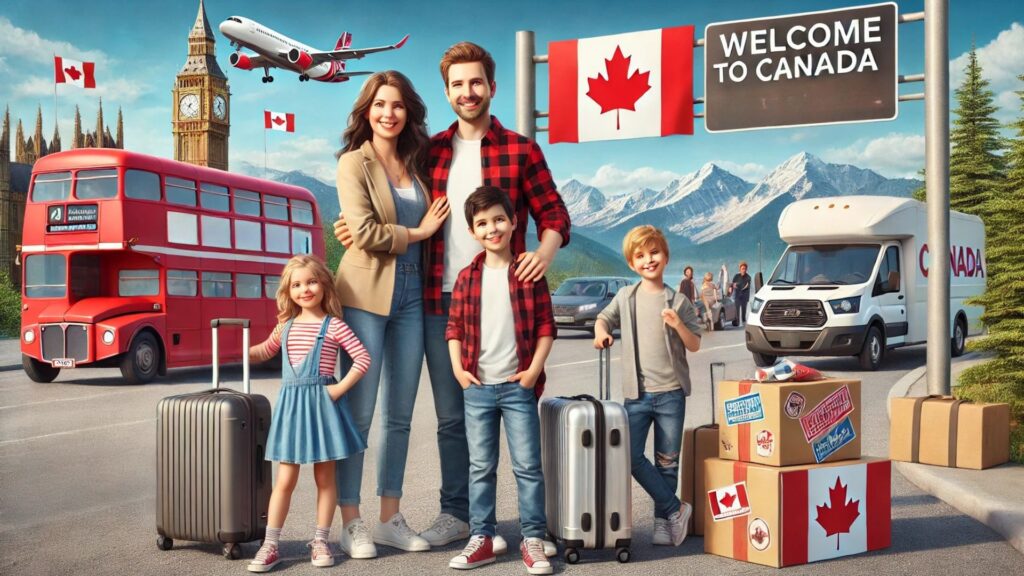
For those relocating from the United Kingdom, Canada offers familiar comforts with a fresh perspective. There are slight difference from moving from the USA (Noted above) regarding Work Permits, Health Care and Taxes:
1. Work Permits
Unlike Americans, UK professionals don’t benefit from agreements like NAFTA/USMCA. However, there are several pathways to obtain a Canadian work permit:
- Global Talent Stream (GTS): Designed for highly skilled workers in industries like tech, this program offers expedited work permits.
- International Mobility Program (IMP): Allows UK nationals to work in Canada without a Labour Market Impact Assessment (LMIA) in certain situations, such as intra-company transfers.
For more information on work permits, visit: https://www.canada.ca/en/immigration-refugees-citizenship/services/work-canada.html
2. Healthcare
Canada’s public healthcare system is a significant change for many United Kingdom residents, especially since the NHS is universally familiar in the UK. Here’s what to know:
- Waiting Period: Similar to other newcomers, UK residents often face a waiting period of up to three months before they are eligible for provincial healthcare.
- Private Insurance: You’ll need private insurance during this gap.
- Coverage: While Canada’s healthcare system covers most essential medical services, things like dental and prescription drugs may not be included.
Learn more about Canada’s healthcare system and its provincial coverage here: https://www.canada.ca/en/public-health/services/healthcare-system.html
3. Taxes
Taxes in Canada are often higher than those in the UK, but they fund essential services like healthcare and education. Here’s what to expect:
- Income Tax: Canada uses a progressive tax system, so higher earners pay a larger percentage.
- Sales Tax: Most provinces have a Goods and Services Tax (GST) or a Harmonized Sales Tax (HST), which is higher than the UK’s VAT in many cases.
- Double Taxation Agreements: The UK and Canada have agreements in place to prevent double taxation, which is helpful for individuals maintaining income in both countries.
For more on Canadian taxes and how they compare to the UK, visit: https://www.canada.ca/en/services/taxes.html
But besides the above, there are also some more casual differences you will grow to love such as:
- Weather: Be ready for colder winters, especially if moving to provinces like Ontario or Quebec.
- Driving: Canada drives on the right-hand side, so UK drivers may need to adjust.
- Cultural Similarities: From language to food, the transition will feel seamless for many Brits.
Moving to Canada in 2025 could be the best decision you’ll ever make.

With its welcoming communities, robust economy, and stunning natural beauty– Canada truly has something for everyone. Ready to take the leap? Start your journey today and make Canada your new home!
What if I have any questions about moving to Surrey or White Rock, British Columbia?
Selecting an excellent real estate professional is key to a successful home purchase. The Germyn Group, with our deep understanding of Surrey & White Rock and its real estate dynamics, is committed to guiding you every step of the way.
We invite you to book a consultation with us. During our meeting, we’ll discuss your needs, preferences, and any questions you might have about the Surrey & White Rock real estate market.
As you embark on this exciting journey, remember that the right home in Surrey & White Rock is more than just a property; it’s a foundation for your future. With the Germyn Group by your side, let’s make your dream of homeownership in Surrey & White Rock a beautiful reality.
People lose money in real estate because they don't know what's actually happening.
Our YouTube channel fixes that.
We show you what most agents won't – what's really happening in Surrey & White Rock, and how to win whether the market's up or down.
It's free. No fluff. All signal.
Subscribe now — or stay guessing.

